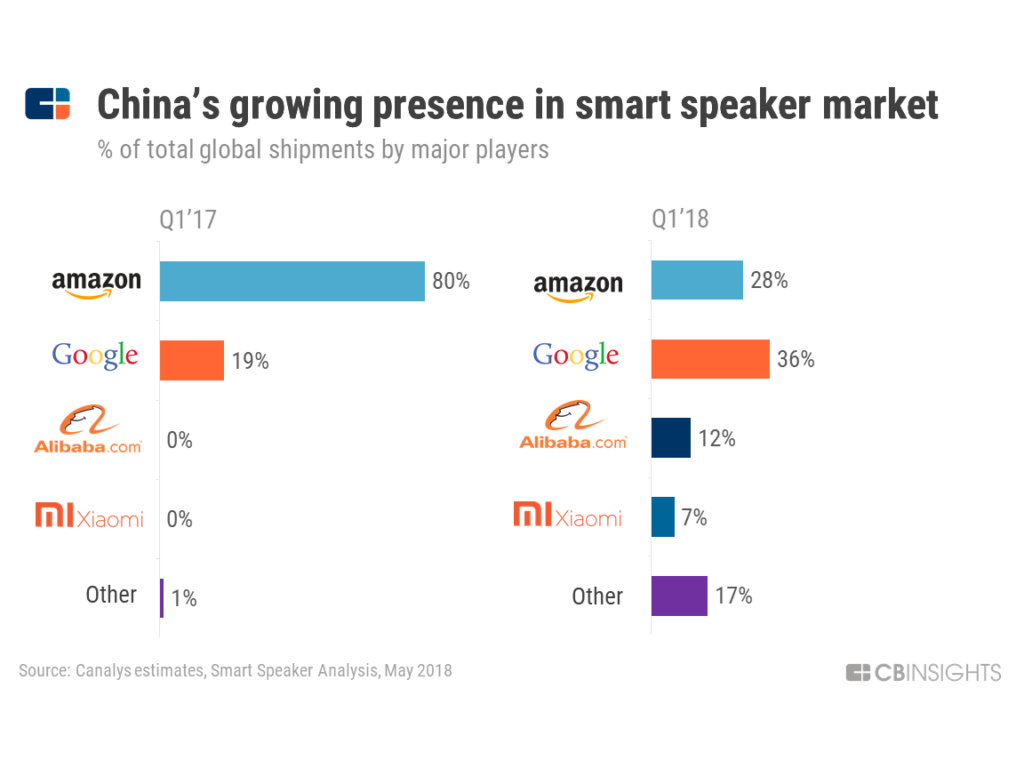Is voice more creative or technical
You might have heard me say that voice platforms are the platform for creatives. Then last week after Amazon announcement of 50 000 skills I did an episode basically laying out the work Amazon Alexa team is doing with its developer evangelists has being in my opinion instrumental for those numbers. So can you make up your mind already? Is it creatives or developers? Short answer both. Longer answer, it’s about timing. Right now as platforms, you want to drive as many people as possible to your environment to build applications. It doesn’t matter if most of those applications are fart apps, what matters is the visibility and exposure to other developers. Listen, developers like to play with new stuff, I’m speaking for a friend. A lot of developers are early adopters of technology and they bring others with them. So in this stage, what this platforms should look for is the more developers creating for them. However, the best voice applications are about the conversation and the humans in it. And that’s when you need the scriptwriters, the creatives, the sound engineers, the musicians. Especially for voice games, that are looking for engagement.
Zach Johnson, founder of Xandra the conversation design company behind Hollywood Alexa skills like Westworld, said in an exclusive interview with Variety that when he had to hire staffers for a startup to build bots and other conversational experiences, he didn’t tap into Silicon Valley’s developer community.
He made use of the fact that the underlying technology was being built by big tech companies with deep pockets, and hired playwrights, actors, and musicians — creatives who knew how to tell a story.
The underlying technology is there. The important part is to tell a story.
Thank you for listening, thank you for staying with us and make grow the listeners. I’m going to do an episode answering your questions! Send them to mari@voicefirstweekly.com or in Twitter direct messages to @voicefirstlabs.
Have a great day and we’ll talk tomorrow!

